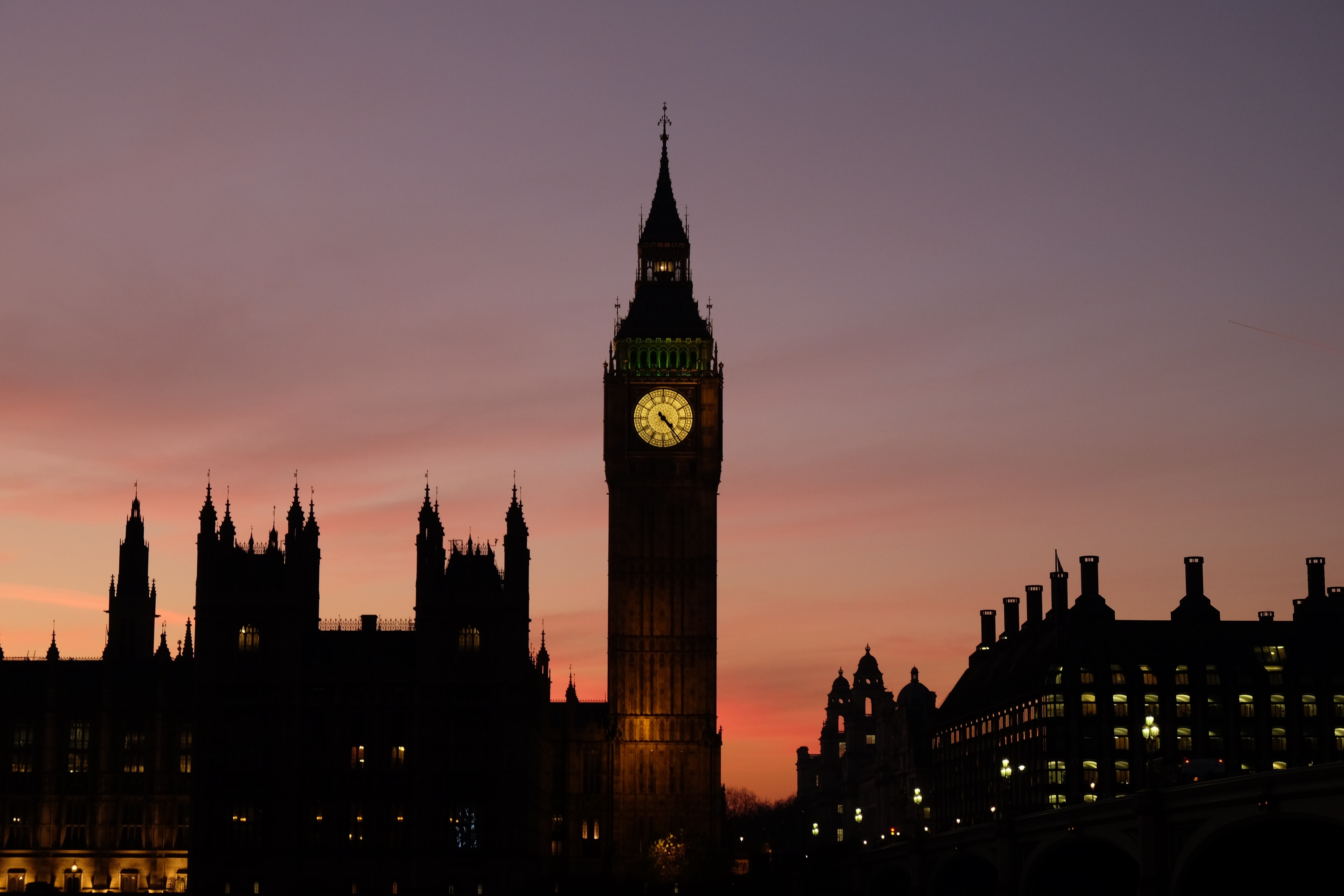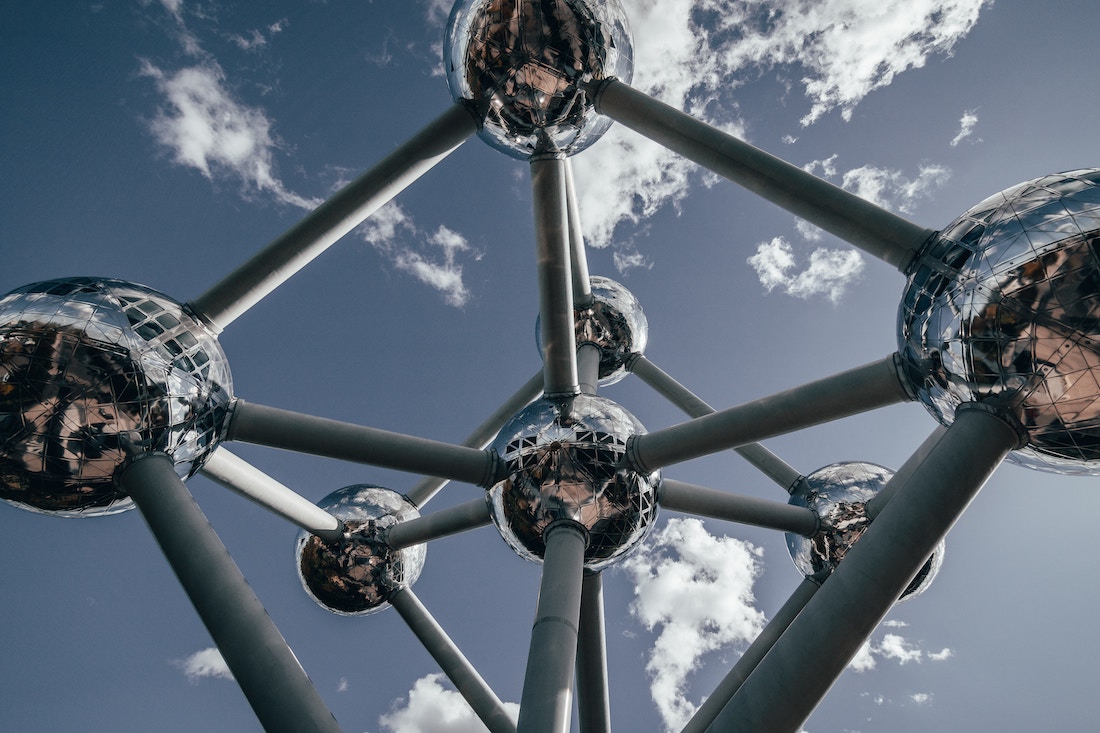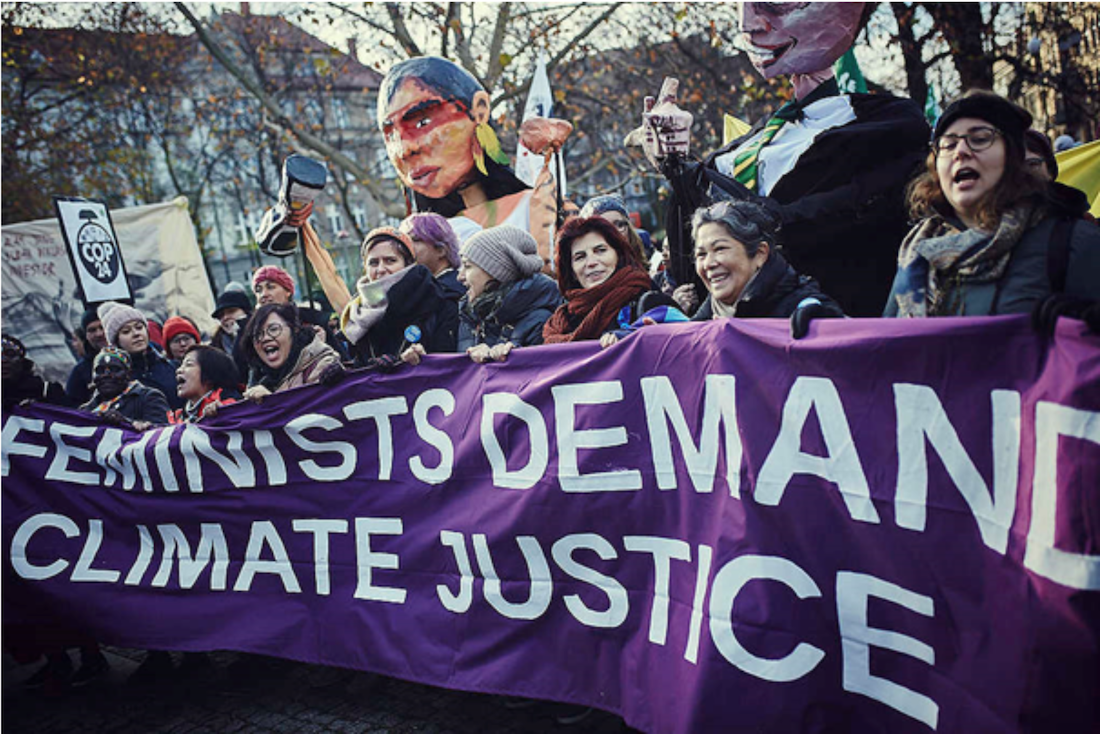
Written by Ngaio Olsen-Stahl
Following the Second World War, both Japan and the European continent saw incredible success in rebuilding their societies. Japan notoriously fostered an economic miracle and shot up to second place of the world’s largest economies just a mere 20 years after it was ravaged by air raids and atomic bombs, thanks largely to government policies that favoured industrialisation. In the wake of food shortages, high unemployment and poor housing conditions across Europe, political stability was carefully put in place during the 1950s with the Schuman Declaration and the creation of the European Economic Community through the Treaty of Rome. The foundations grew for the European Union to become a massive economic powerhouse, nowadays owning 25% of global wealth.
The largest bilateral trade deal ever was signed in July of last year by Prime Minister Shinzō Abe and Presidents Jean-Claude Juncker and Donald Tusk, ratified by the European Parliament the following December. After 4 years of intense negotiations, the Japan-EU Economic Partnership Agreement (EPA) will lift 99% of trade tariffs, saving EU exporters some €1 billion a year, alongside the Strategic Partnership Agreement (SPA) which commits to promoting shared values, international peace, and fighting climate change amongst other global issues. The European Commission estimates an increase of trade from 16 to 24 percent, with regional food producers in Europe and car manufacturers in Japan among the biggest beneficiaries. The shared market now includes 640 million people (Japan’s population being 127.3 million in 2017) and almost a third of global GDP as the second (EU) and fourth (Japan) richest economies combine forces. It builds upon existing businesses with more than 600,000 jobs in the Union tied to exports to Japan, of which has an estimated value of more than €80 billion per year. This new political partnership makes a bold statement against the backdrop of rising tensions in the global market.
Brexit blundering and Trumpian trade wars.
All three leaders who signed the EPA made their intentions clear: both sides were described as “lead[ing] the world as the champions of free trade at a time when protectionism has spread’’ (Abe, 2018); with Juncker echoing the sentiment by adding “we are stronger and better off when we work together” (Juncker, 2018). Protectionism is when a country tries to protect its domestic industries against international competition, rejecting the economic advantages of free trade deals in pursuit of higher import-related costs. The most notable countries that have made recent protectionist policies include the United Kingdom, with the national identity politics shrouding the Brexit referendum, and the United States under a hot-headed Donald Trump imposing over $200 billion in import tariffs to “Make America Great Again”.
As the UK reaches new levels of national division over the conclusion of Brexit, it is at the breaking point of turmoil following two years of negotiations and uncertainty; the Japan-EU partnership only adds fuel to the fire. By leaving the Union, the British isles tear themselves away from the EU single market and any trade deals negotiated by the bloc. This has the potential to damage their diplomatic and economic relations with their closest partner in imports and exports- geographically and otherwise. New polls indicate 59% of those in the UK would prefer staying in the EU rather than implement Theresa May’s Brexit deal, the parliamentary opposition is calling for an early general election, no-deal preparations have escalated, and news media continue to expose the empty promises and electoral laws broken by the Leave campaign. Additionally, rifts within their own political union continue to develop, with Scottish officials seeking a second referendum on whether to leave the UK and tensions in Ireland float the question of a united Republic. It has become difficult to argue for the supposed national unity of protectionism, when the results of a decision won by a 2 percent majority has proven to be anything but unified. To the contrary, some have contended that by refusing to dilute the four freedoms or to renegotiate the deal, EU nations have demonstrated greater solidarity. Japan promised “total support of [May’s] draft withdrawal agreement” (Abe, 2019) in opposition to a no-deal Brexit. Japan’s Prime Minister also agreed to work on a trade deal with the UK similar to the one just signed with the EU, although the impending possibilities of economic downfall could impact the UK’s authoritative bargaining position. As the looming March 29 deadline approaches, the final consequences of Brexit remain a mystery. Whether May’s deal or no-deal passes, or Article 50 is reversed by a People’s Vote, everything up to this point has unwittingly stood in stark contrast to the multinational cooperation and stability shown in the EU’s newest agreement with Japan.
On the other side of the Atlantic, 2018 saw Donald Trump impact global trade by hitting China with $200 billion (€171.1 billion) in import tariffs on businesses and consumer goods, with the Chinese Ministry of Commerce promising countermeasures of $60 billion (€51.78 billion) in retaliation. As France and Germany take a hit from the impact on global economic growth, the International Monetary Fund has warned of further risks caused by an escalating US-China trade war: “an intensification of trade tensions, and the associated rise in policy uncertainty, could dent business and financial market sentiment, trigger financial market volatility, and slow investment and trade” (IMF, 2018). Trump also rejected the Trans-Pacific Partnership Agreement upon entering office in 2017, an 11-nation free trade deal including Japan that commences in 2019, previously signed by President Obama. The EU and Japan set a new tone of international coalition amongst leading nations, as American and Chinese relations continue on a rocky path.
Criticism of the EPA and SPA: looking beyond cheese and cars.
In contrast to the blanket praises of economic growth and political initiative afforded by the deal, major critiques are concerned with the murky waters surrounding a potential increase in power given to multinational corporations. The most controversial provision is known as ISDS, Investor to State Dispute Settlement, a mechanism which enables companies to sue governments if investment profits are negatively impacted by new laws or regulations. Japan is a huge advocate of ISDS, but the clause was so opposed in Europe that it was stripped from the EPA and declared dead by the European Commission. However, in direct replacement the EU is looking to set up a permanent institution to resolve disputes between foreign investors and states, the Investment Court System (ICS), which would enter into the EPA as well as the EU’s new trade deal with Canada. In spite of these efforts, a landmark 2018 ruling by the European Court of Justice (ECJ) declared that investment arbitration clauses between member states were incompatible with EU law. The ICS is now in jeopardy following the Belgian government’s request for the Court to determine whether this ruling also applies to trade deals with non-EU countries. Europe has in fact been celebrated for its rejection of ISDS, a challenge to the global order considering the fact that it is included in the TPPA. Yet the essential differences a Court System would offer remain unclear, as does the impending ECJ decision and what reaction a pro-ISDS Japan will have. Negotiations have thus yet to cease on how- or, if- investors can make disputes with a nation resulting from the EPA.
What about the whales?
In this deal, the EU and Japan have reaffirmed sustainability as a top priority: the EPA’s chapter on trade and sustainable development applies the labour standards from the UN Framework Convention on Climate Change and the Paris climate agreement, along with the SPA which outlines common solutions to global warming. Article 23 of the latter specifies how both governments will dedicate themselves to the environment, with a consensus to support international agreements and biological diversity. But Japan’s recent decision to leave the International Whaling Commission (IWC) and resume commercial whaling operations in the north Pacific Ocean, appears to offer somewhat of an overt counterstatement. With the International Court of Justice’s (ICJ) 2014 ruling that Japan was not whaling in the Antarctic Ocean for scientific research as they claimed, criticism is growing in lieu of this new partnership. With itself having issued a complete ban on trading whale products since 1982, the EU is being condemned for not using the EPA as leverage to pressure Japan into more solid commitments against destructive whaling practices. It is worth noting however, that both Norway and Iceland also commercially hunt whales. The agreement’s pledge of international cooperation seems to contradict Japan’s refusal to abide by a rule of law issued by the ICJ, and the threat Japan poses to the future of the IWC. We are yet to see a remedy for this clash of values, and whether a closer relationship grants Europe more agency in their condemnation of Japanese whaling, or if weak enforcement capabilities will limit their influence.
As 2019 brings the Japan-EU free trade deal into force, the overwhelming reaction has been positive. In the midst of rising nationalism and the second largest member economy about ready to leave, the EU has desperately needed to assure its other member states of the prosperity and power they can command together. Moving forward, the European single market has proven itself to be an undeniable asset in trade negotiations, a feat of significant worth during such a critical era of political globalisation. In any case, it sends a powerful message as this half of the world’s top four economies form a compelling alliance in the shadow of the other half’s embroiling trade war.
Ngaio Olsen-Stahl is a French-New Zealander studying Social Science at the University of Strasbourg, completing her degree with an exchange in Japan. Passionate about global comparative knowledge and social development, she’s actively pursuing a career in policy analysis.
Ngaio was a top three finalist of the European Youth Essay Competition of 2018, and presented her ideas on digital, global and sustainable innovation at the SME Assembly. With additional work at the European Parliament in Strasbourg for a youth event (EYE) and Model EU, Ngaio is clearly drawn to the missions and values of the Union.
References
Eu and Japan sign Economic Partnership Agreement. (2018, July 17). Retrieved from http://trade.ec.europa.eu/doclib/press/index.cfm?id=1891
Key elements of the EU-Japan Economic Partnership Agreement – Memo (2017, July 6). Retrieved from http://trade.ec.europa.eu/doclib/press/index.cfm?id=1687
Rios, B. (2018, December 13). MEPs clear EU-Japan trade deal for early 2019 start. Retrieved from https://www.euractiv.com/section/economy-jobs/news/meps-clear-eu-japan-trade-deal-for-early-2019-start/
Ewing, J. (2018, July 17). E.U. Courts New Partners With Japan Trade Deal. Retrieved from https://www.nytimes.com/2018/07/17/business/trade-europe-japan-china.html
Gale, A., and Peker, E. (2018, July 17). Japan, EU Sign Trade Deal: ‘We Stand Together Against Protectionism’. Retrieved from https://www.wsj.com/articles/japan-european-union-sign-major-trade-deal-1531826380
Brunsden, J. (2018, December 12). Why EU-Japan deal offers model for post-Brexit trade talks. Retrieved from https://www.ft.com/content/b25a93ec-fd4e-11e8-ac00-57a2a826423e
Abe and Theresa May agree to create new economic partnership to rival Japan-EU free trade treaty. (2019, January 11). Retrieved from https://www.japantimes.co.jp/news/2019/01/11/business/japan-world-not-want-no-deal-brexit-abe-says-meeting-british-pm-theresa-may/
Inman, P. (2018, October 9). Trump’s trade war with China and Europe will hit global growth – IMF. Retrieved from https://www.theguardian.com/business/2018/oct/09/trumps-trade-war-with-china-and-europe-will-hit-global-growth-imf
Ankersmit, L. (2018, April 24). Achmea: The Beginning of the End for ISDS in and with Europe? Retrieved from https://www.iisd.org/itn/2018/04/24/achmea-the-beginning-of-the-end-for-isds-in-and-with-europe-laurens-ankersmit/
McCurry, J., and Readfearn, G. (2018, December 20). Japan to resume commercial whaling after leaving IWC – report. Retrieved from https://www.theguardian.com/environment/2018/dec/20/japan-to-resume-commercial-whaling-after-leaving-iwc-report
Hurd, I. (2013, February 18). Whaling in Europe is dependent on the continued willingness of governments to fund it at a loss. Retrieved from http://blogs.lse.ac.uk/europpblog/2013/02/18/whaling-europe-eu-norway-iceland-greenland-faroe-islands-cites-international-whaling-commission/
- Current environmental challenges seen from a student’s perspective
- EU Policy Process
- Global Politics

 The geopolitical role of the Sahel: the influence of the EU and other Great Powers in the Malian crisis
The geopolitical role of the Sahel: the influence of the EU and other Great Powers in the Malian crisis  Is Nuclear Disarmament Still a Dream? The Third Meeting of State Parties in Perspective
Is Nuclear Disarmament Still a Dream? The Third Meeting of State Parties in Perspective  Strategic Saboteur: Hungary’s Entrenched Illiberalism and the Fracturing of EU Cohesion
Strategic Saboteur: Hungary’s Entrenched Illiberalism and the Fracturing of EU Cohesion  The invention of development: power, narrative, and the afterlife of Truman’s speech
The invention of development: power, narrative, and the afterlife of Truman’s speech 


